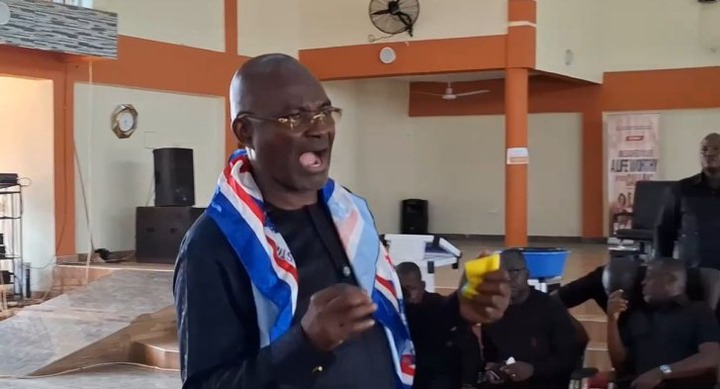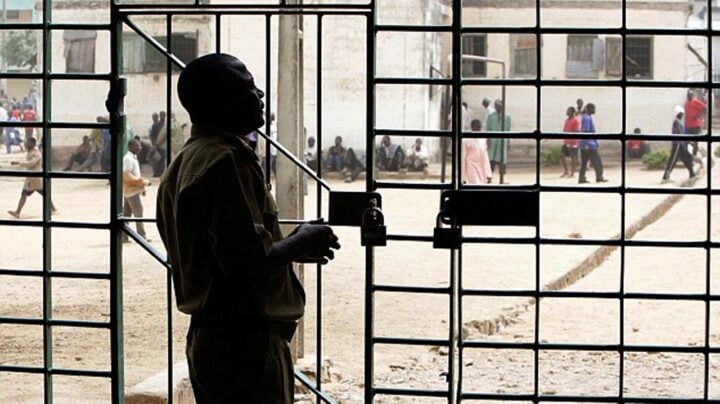Lungu's Death Sparks Political Firestorm as PF Accuses Government of Mistreatment
Lungu’s Death Sparks Political Firestorm as PF Accuses Government of Mistreatment
The death of former Zambian President Edgar Chagwa Lungu has plunged the country into a period of mourning and political tension, as Patriotic Front (PF) Secretary General Rafael Nakacinda accuses the current regime of subjecting Lungu to humiliation and obstruction that may have hastened his death. With Lungu’s remains still in South Africa, a public dispute over repatriation has erupted between the government and the late leader’s family.
Lungu died at the age of 68 in Pretoria, South Africa, where he was receiving treatment for achalasia, a condition affecting the esophagus. Zambia has declared seven days of national mourning from June 8 to 14, ordering flags at half-mast and suspending entertainment activities.
Yet behind the official solemnity lies a deep political rift. Nakacinda, who is currently in South Africa with the family, contends that Lungu’s death could have been avoided had the government not denied him medical freedom. He alleges that for years, the former president’s access to routine treatment was obstructed by politically motivated restrictions.
Nakacinda claims that after leaving office in 2021, Lungu made several unsuccessful attempts to seek medical attention abroad, often being blocked or delayed by the authorities. “In 2022, he indicated he needed to travel for his usual medical reviews,” Nakacinda recounted. “Government said they had no money, even when he offered to pay from his own resources.”
In one incident, Lungu was reportedly removed from a plane by law enforcement agents. Only in late 2024, under the watch of a visiting UN rapporteur investigating human rights conditions in Zambia, was he able to discreetly leave for South Africa. Upon arrival, doctors informed him that had he come earlier, his prognosis might have been different.
The PF alleges that the government’s current posture, leading the repatriation and funeral plans, is disingenuous and politically opportunistic. Nakacinda says the family initially planned to handle the process independently, even financing it through well-wishers, until government ministers abruptly intervened.
“The family was shocked to find Foreign Affairs Minister Mulambo Haimbe arriving and declaring the body would be taken back the next day, without prior agreement,” Nakacinda said. “They treated him like an ordinary person in life and now want to treat him like a statesman in death, to cleanse their record.”
He insists the family still has unanswered questions and is conducting additional procedures before the remains are returned. A postmortem has been requested to clarify the exact cause of death, amid speculative reports suggesting the possibility of poisoning an allegation Nakacinda did not confirm but said merited thorough examination.
Edgar Lungu, who served as Zambia’s sixth president from 2015 to 2021, left office following a defeat to current President Hakainde Hichilema. His post-presidency was marked by legal probes, asset seizures, and political isolation. While the government maintained it was pursuing justice, his allies viewed it as targeted persecution.
Nakacinda accuses the ruling United Party for National Development (UPND) of harboring “paranoia” over a possible Lungu comeback in 2026 a speculation that, though unconfirmed, hung over much of the opposition discourse in recent years.
As the country observes national mourning, the impasse between the government and the Lungu family remains unresolved. Nakacinda warns that unless the government acknowledges its role in what he describes as Lungu’s “humiliation until death,” the situation could become a national embarrassment.
“The government is rushing to impose a seven-day mourning period,” he said. “But what if the body isn’t repatriated by then? Are they mourning a person or managing political optics?”
Lungu’s passing was expected to be a unifying moment, but it has instead spotlighted deep fractures in Zambia’s political landscape. Whether the coming days will bring reconciliation or further division depends not only on how the former president is honored, but on whether those in power are willing to confront the accusations of neglect, obstruction, and politicization leveled against them.








